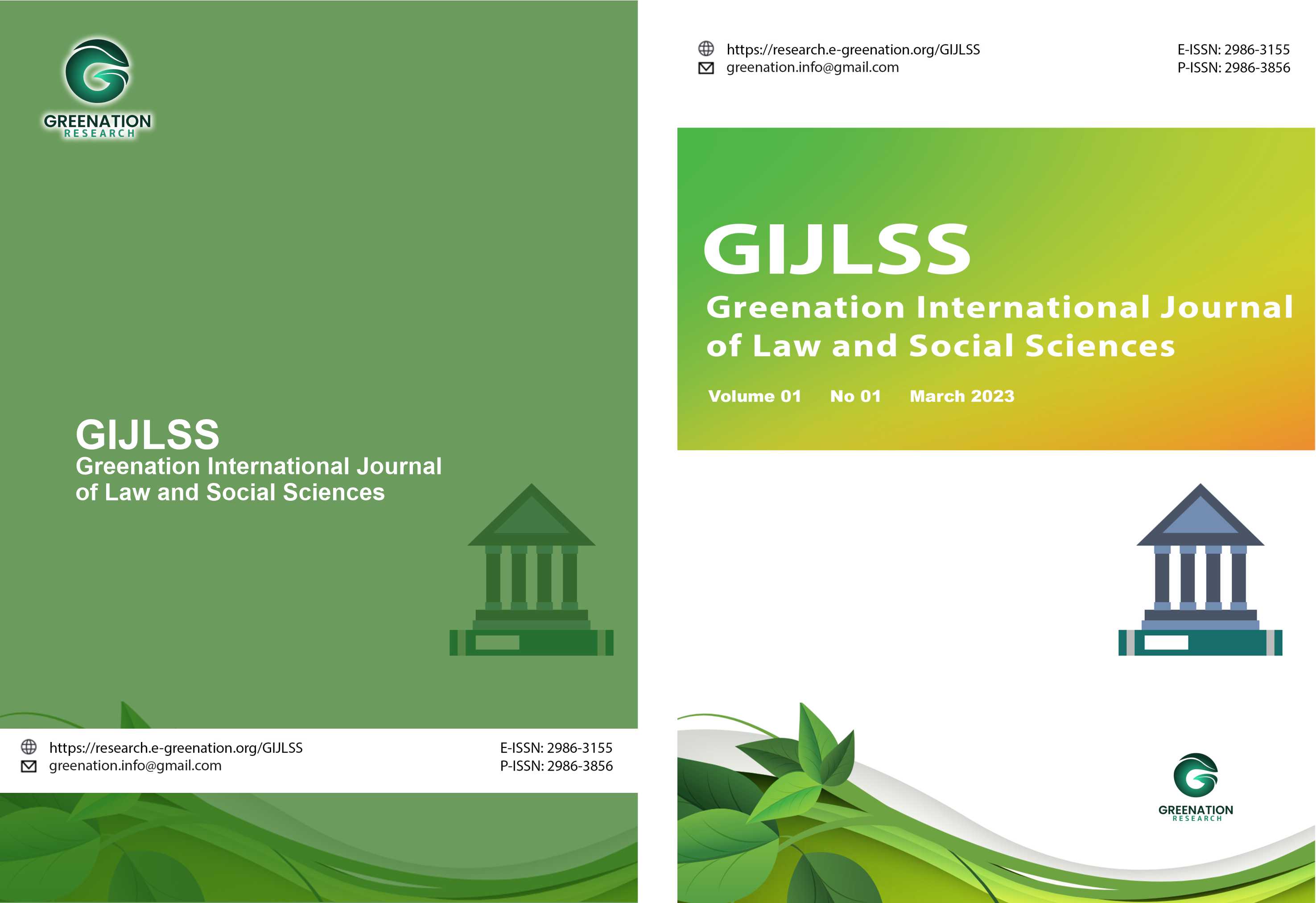The Strategic Role of The TNI in Preventing The Development of Radicalism in Indonesia in The Perfective Law 34 of 2024
DOI:
https://doi.org/10.38035/gijlss.v2i1.164Keywords:
Strategic Role, TNI, Radicalism, LawAbstract
The purpose of state defense is to maintain and protect state sovereignty, maintain the territorial integrity of the Republic of Indonesia, and protect the safety of the entire nation from all forms of threats, both from outside and from within the country. In the Law of the Republic of Indonesia number 3 of 2002 concerning national defense, it is said that national defense is prepared early to face existing threats. The threats in question are divided into military, non-military, and hybrid. Meanwhile, according to the priority scale, threats are divided into 2: actual and potential threats. One of the actual threats that occur in Indonesia can be seen from the problems of terrorism and radicalism that still often occur in various regions and communities in Indonesia. In the Law of the Republic of Indonesia number 34 of 2004, it is stated that the TNI in carrying out its primary duties is carried out through war military operations and military operations other than war, where in more detail in article 7 paragraph (2) point (b) states that one of the military operations other than war (OMSP) is to overcome acts of terrorism, where according to the TNI Center for Strategy Studies in its study on the role of the TNI in preventing the development of radicalism, Terrorism is firmly rooted in radicalism, terrorism is deeply rooted in radicalism.
References
Arif, M. (2003a). The Role and Involvement of the TNI in Counterterrorism. The Habibie
Centre.
Arif, M. (2003b). The Role and Involvement of the TNI in Counter-Terrorism. Muhamad Arif-
The Habibie Center.
Ashari, M. O. M. (2020). Position and Authority of the TNI in Preventing Criminal Acts of
Terrorism. Jurist-Diction, 3(2), 471. https://doi.org/10.20473/jd.v3i2.18199
Goodwin, J. (2006). A theory of categorical terrorism. Social Forces, 84(4), 2027–
https://doi.org/10.1353/sof.2006.0090
Horgan, J. G. (2013). Terrorism Studies. Terrorism Studies, 1(1).
https://doi.org/10.4324/9780203717622
Mubarak, Z. (2012). The Phenomenon of Terrorism in Indonesia: Salam: Journal of Studies
Islamic Society, 15(2), 240–254.
Mustofa, M. (2002). Understanding Terrorism: A Criminological Perspective. Journal
Indonesian Criminology, 2(iii), 30–38.
Downloads
Published
How to Cite
Issue
Section
License
Copyright (c) 2024 Sugianto Sugianto, Suharyanto Suharyanto, Usman Usman

This work is licensed under a Creative Commons Attribution 4.0 International License.
Copyright :
Authors who publish their manuscripts in this journal agree to the following conditions:
- Copyright in each article belongs to the author.
- The author acknowledges that the Greenation International Journal of Law and Social Sciences (GIJLSS) has the right to be the first to publish under a Creative Commons Attribution 4.0 International license (Attribution 4.0 International CC BY 4.0).
- Authors can submit articles separately, arrange the non-exclusive distribution of manuscripts that have been published in this journal to other versions (for example, sent to the author's institutional repository, publication in a book, etc.), by acknowledging that the manuscript has been published for the first time at GIJLSS.
























